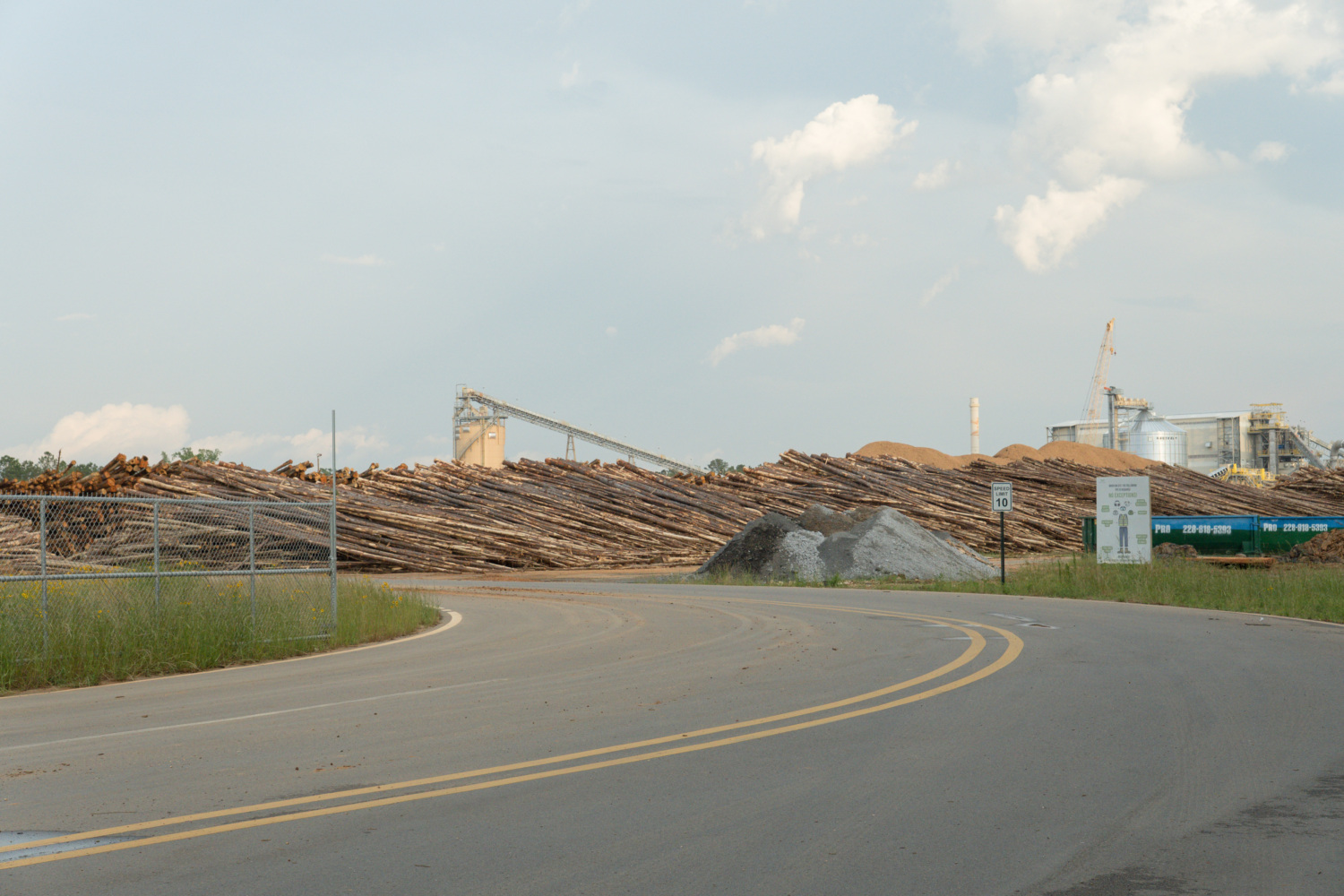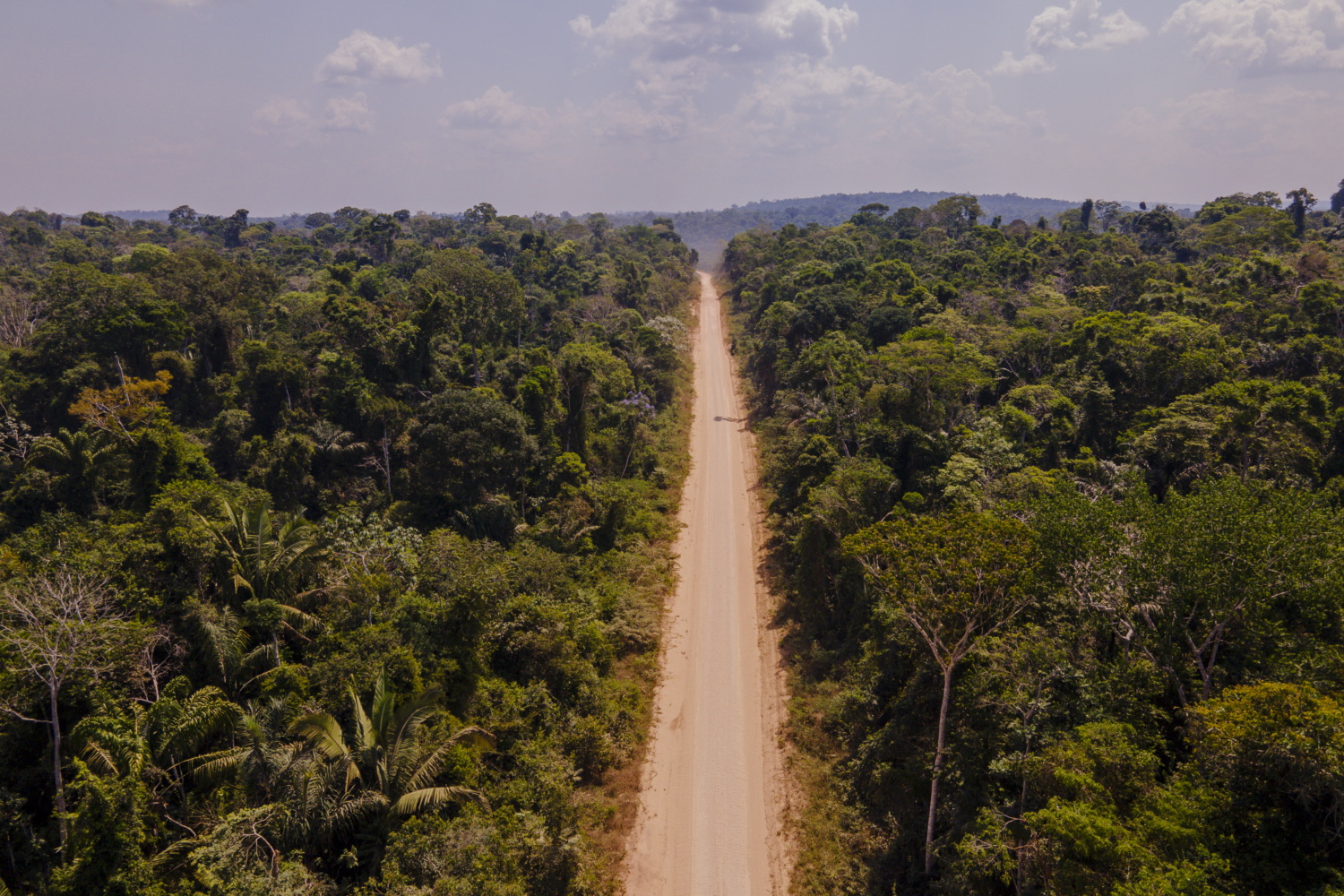
Consumers Push Back on Japanese Travel Company Driving Forest Destruction
Thousands of concerned travelers around the world have signed on to a threatened boycott of Japanese travel giant H.I.S. International, according to a new briefing paper from environmental campaign organization Mighty Earth. The paper highlights consumer outcry around the unexpected but clear link between Japan’s second largest travel company and environmental destruction in Southeast Asia that threatens climate-vital rainforests and destroys the habitats of endangered orangutans. These latest consumer actions contribute to a rising tide of activism focusing on H.I.S., which has come under intense scrutiny for its foray into climate-polluting energy production.
The analysis, Think Twice About Traveling with Forest Destroyer H.I.S., highlights the recent campaign and relays the company’s efforts to expand its business portfolio into energy generation, and specifically identifies its under-construction power plant – a palm oil-burning facility in Kakuda City, Miyagi Prefecture – as a potential driver of ecological devastation.
“The palm oil industry drives about 250,000 acres of deforestation every year. Unchecked expansion of palm oil plantations destroys precious rainforests, threatens the survival of endangered orangutans, and exacerbates climate change,” said Rose Garr, Vice President at Mighty Earth. “H.I.S.’s power plant would require importing 70,000 more tons of palm oil each year, accelerating these trends. Even if that palm oil is subject to sourcing standards, there is an extremely limited supply of truly sustainable palm oil. The idea that we should burn it as fuel is just incredibly wasteful, and that’s why we’ve seen a global public outcry.”
H.I.S. is an international travel company that brings tourists to Japan to visit its quirky and offbeat destinations, including hotels staffed by robots and a theme park in Nagasaki that recreates old Holland. But in 2017, H.I.S. embarked on a new venture and established H.I.S. Super Power to sell discounted electricity to customers in Japan. Not content to be just an electricity middleman, H.I.S. Super Power began to build their own generation plants, putting up solar panels at their Dutch theme park but also investing in this large-scale power plant that would burn enormous quantities of palm oil.
Japanese environmental groups alerted H.I.S. to their concerns with the project and even met with the company’s CEO in February 2019. In July 2019, approximately 200,000 consumers from around the globe demanded H.I.S. protect forests by scrapping this proposed plant and getting out of the palm oil business. But H.I.S. management refused to accept the petitions and pushed forward with construction of the power plant.
H.I.S.’s lack of response prompted another round of international campaigning. The international coalition of NGOs delivered a letter to major H.I.S. branch offices in the United States, Europe, and Australia, reiterating its concerns about the power plant project. They sent a similar letter to H.I.S.’s major investors. Digital ads across multiple platforms are also being rolled out this week. The recent campaigning has led to an additional 7,200 people, including many frequent travelers, to pledge not to travel with H.I.S. or stay in its hotels until the company ends its involvement in palm oil power generation. H.I.S. has so far remained silent in the face of consumer protests, and after COVID 19-related delays, the power plant could begin operation in the coming weeks.
“As we hopefully put the worst of the pandemic behind us, there’s going to be a huge pent-up desire to travel,” said Garr. “If the Olympics take place next year, international travelers will be flocking to Japan. But Americans, Australians, and Europeans don’t want to travel or stay with a company driving destruction of the rainforests.”
“We understand H.I.S.’s desire to diversify into energy due to risks exemplified by the current pandemic and as Japanese domestic travel declines. However, their palm oil venture is shortsighted and risks generating a consumer backlash that threatens their core business. H.I.S. still has a chance to do the right thing: drop its plans to burn palm oil and instead invest in solar or the burgeoning Japanese wind power market.”


